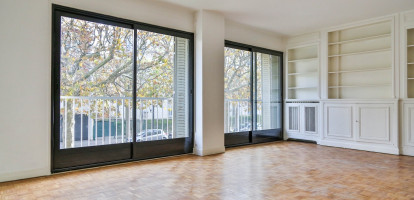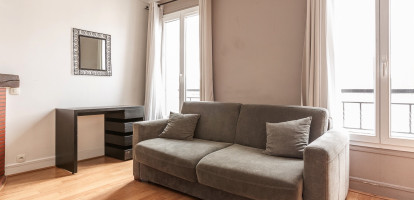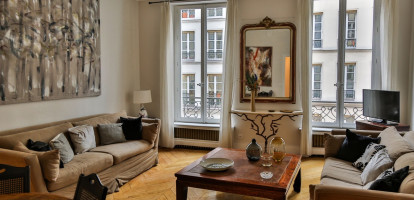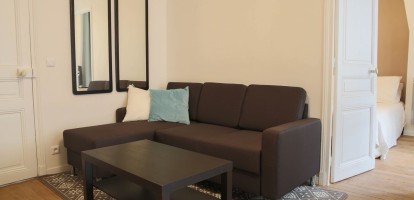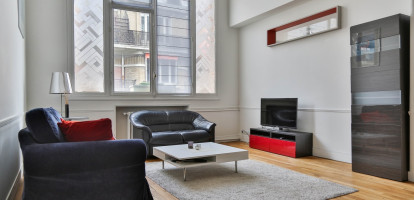Recurring Conflicts Between Tenants and Owners: Understanding the Issues and Solutions
Rental disputes between tenants and owners are common, often ranking at the top of complaint lists. These conflicts typically revolve around several recurring issues: security deposits, rental charges, disturbances of enjoyment, and poor communication. Here’s a detailed look at these challenges, their causes, and tips for resolution. These problems are often due to the difficulty communicating between the tenant and the owner.
Security Deposits: A Major Source of Tension
Security deposits frequently cause disputes between tenants and landlords. Problems often arise when:
- The landlord refuses to return the deposit: This can stem from disagreements over property damage or cleanliness at the end of a lease.
- The "inventory of the housing" report is contested: Both parties may interpret damages differently during the move-out inspection.
- Repairs and deductions are unclear: Tenants may feel charges for damages are unfair or inadequately documented.
How to prevent conflicts:
At the beginning and end of a lease, conduct a detailed inventory and condition report, signed by both parties, to ensure accurate documentation. Note any damages and associated repair costs to avoid disputes. Landlords should return security deposits promptly, accompanied by an itemized breakdown of any deductions, as the law requires.
Disturbances of Enjoyment: Rising Complaints
Disturbances that affect a tenant's ability to enjoy the property are increasingly common. These include iinsufficient insulation, heating system malfunctions, and structural deficiencies in the apartment building. Often, these issues stem more from building materials and construction quality than the behavior of either party.
How to address disturbances:
Rental Charges: Misunderstandings and Disputes
Disagreements over rental maintenance charges are the third most common source of conflict. Tenants often complain about:
- Unjustified or excessive charges: Certain expenses may be unfairly passed on to tenants.
- Lack of transparency in billing: Some landlords or property managers (syndics) fail to provide clear and detailed accounts of shared expenses.
How to resolve issues with rental charges:
Landlords and syndics should maintain billing transparency by providing clear, itemized statements, allowing tenants to understand charges fully. Tenants, in turn, should carefully review their lease agreements to clarify their financial responsibilities. Open communication between parties can help resolve disputes, and legal consultation can provide additional guidance when necessary.
Poor Communication: A Root Cause of Many Conflicts
Miscommunication or lack of communication exacerbates nearly all tenant-landlord disputes. Common complaints include:
- Non-response to legitimate requests
- Aggressive or unprofessional responses
- Violation of privacy: Instances where landlords enter a tenant’s home without notice create trust issues.
How to improve communication:
Both parties should respond promptly to inquiries and requests, using professional and respectful language to foster a positive relationship. To prevent misunderstandings, agreeing on clear communication channels, such as email or messaging apps, is essential to ensure efficient and reliable exchanges.
Tips to Prevent and Resolve Tenant-Landlord Disputes
Whether you are a tenant or a landlord, disputes can often be avoided or resolved with proactive measures:
- Act Early: Address small problems as soon as they arise to prevent escalation.
- Document Everything: Keep written records of communications, agreements, and disputes.
- Know Your Rights and Responsibilities: Familiarize yourself with local rental laws to understand your obligations.
- Seek Mediation if Necessary: When conflicts persist, consider involving a neutral third party to mediate.
credit photo @Icons8 Team
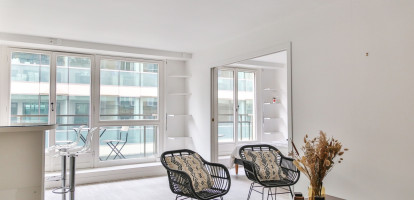


 Français
Français

